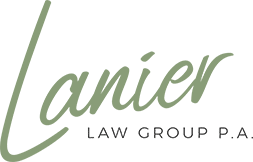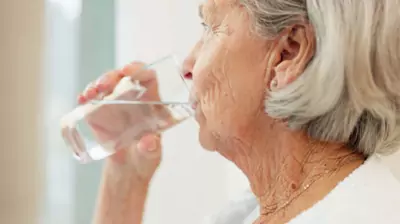The Prevalence and Impact of Dehydration on Elderly Residents
Dehydration is alarmingly common in nursing homes, where residents may not always receive the attention and care needed to maintain adequate hydration levels. The consequences of dehydration can be severe, leading to complications such as urinary tract infections, kidney stones, and, in extreme cases, organ failure. Recognizing the signs and addressing the root causes of dehydration is essential to safeguard the health of nursing home residents.
Causes of Dehydration in Nursing Homes
Inadequate Staff Training and Awareness
A significant contributor to dehydration in nursing homes is the lack of proper training and awareness among staff. Caregivers may not recognize the early signs of dehydration or the importance of regular fluid intake for elderly residents. Comprehensive training programs can equip staff with the knowledge and skills to monitor and encourage adequate hydration.
Insufficient Fluid Intake Due to Cognitive and Physical Challenges
Many nursing home residents face challenges that make it difficult to consume enough fluids independently. Cognitive impairments such as dementia can cause residents to forget to drink, while physical limitations may prevent them from accessing water easily. Providing assistance and reminders to drink water regularly can help mitigate these issues.
Underlying Medical Conditions and Medications
Certain medical conditions, such as diabetes and kidney disease, can increase the risk of dehydration in elderly individuals. Additionally, some medications have diuretic effects or cause dry mouth, further exacerbating the risk. Regular assessments by healthcare professionals can help identify residents at higher risk and tailor hydration strategies accordingly.
Strategies for Prevention and Improving Care Standards
Enhancing Staff Training and Education
Implementing comprehensive training programs focused on hydration and elderly care can significantly reduce dehydration cases. Educating staff about the importance of hydration, recognizing symptoms, and developing personalized care plans for residents can improve overall care standards.
Encouraging Regular Fluid Intake
Creating a structured hydration schedule and providing access to water and other hydrating fluids throughout the day can encourage regular fluid intake. Offering a variety of drinks and incorporating hydration into daily routines can make it easier for residents to stay hydrated.
Utilizing Technology and Monitoring Tools
Employing technology such as hydration monitoring systems can help track residents’ fluid intake and alert staff to potential dehydration risks. These tools can provide real-time data and ensure residents receive the necessary attention to maintain proper hydration levels.
Involving Family Members and Advocates
Engaging family members and resident advocates in hydration efforts can provide additional support. Encouraging them to monitor hydration and communicate concerns with staff can enhance care quality and meet residents’ hydration needs.
Dehydration in Nursing Homes
At Lanier Law Group, P.A., we understand the importance of ensuring the safety and well-being of nursing home residents. If you or a loved one has experienced complications due to dehydration in a nursing home setting in Asheville, NC, our experienced team is here to help. Contact us today at 919-342-1368 to learn more about our services and how we can assist you in advocating for better care and protection for your loved ones.


